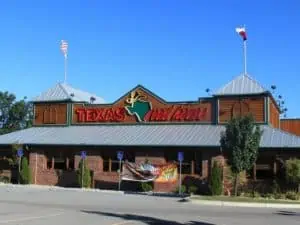The Texas Rangers are one of the most famous groups in law enforcement. Headquartered in Austin, the Texas Ranger Division has been in constant operation since 1835. What started as the renowned title is now known as the Texas State Police of the Texas Rangers.
But are Texas Rangers state police? Or is there a separate division for state police in Texas? Many might assume that Texas Rangers are the same as state police. After all, the Texas Ranger Division has statewide jurisdiction.
However, just because Texas Rangers have statewide jurisdiction and are technically, state police doesn’t mean they are the only state police force in Texas. Let’s examine the difference and why the Texas Rangers are set apart.
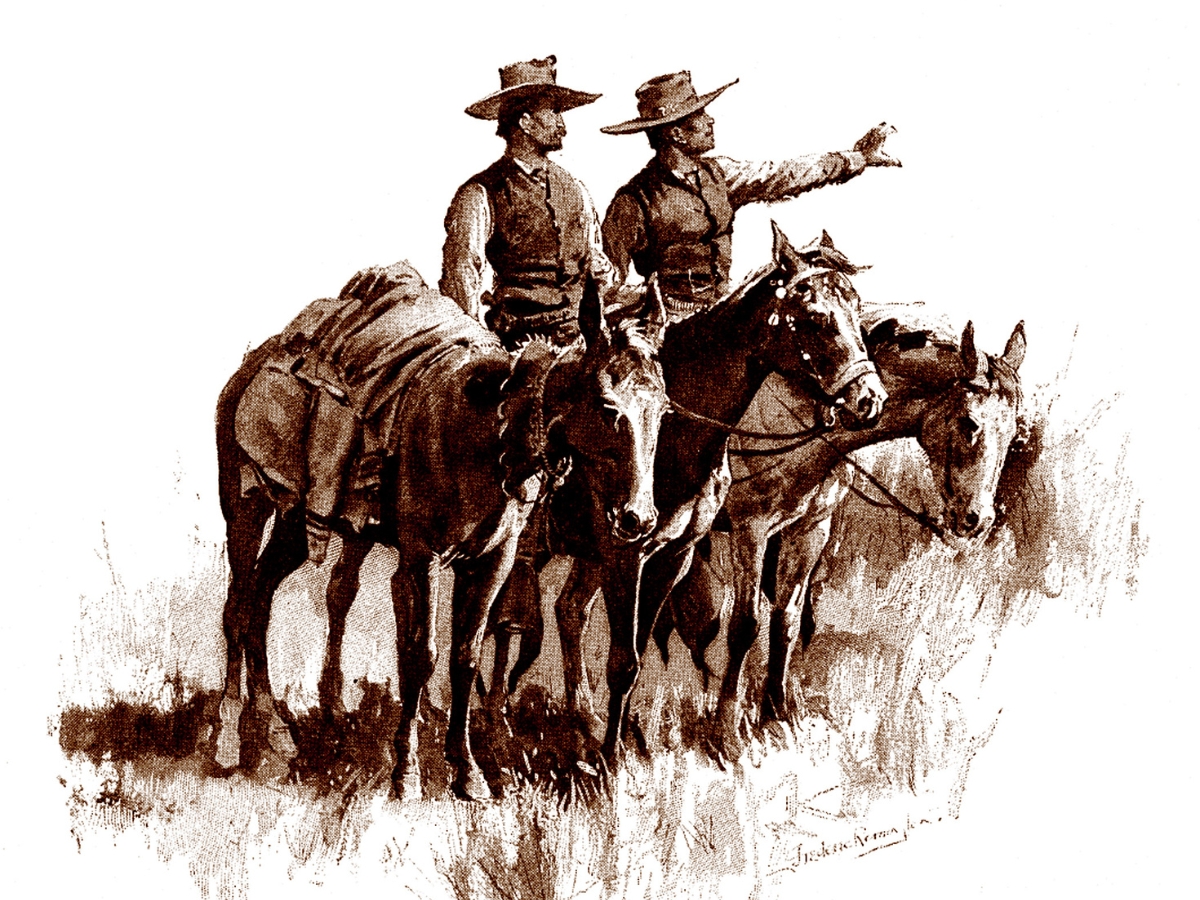
Texas Rangers State Police
The Texas Rangers are technically state police. They have statewide jurisdiction across Texas and investigate various crimes in nature and severity. However, they are not the only state police that Texas has.
The Texas Highway Patrol is the largest state-level law enforcement agency in the entire state of Texas. While it generally focuses on enforcing traffic laws, the agency has all the powers and authority of a police force. They can:
- Investigate crimes
- Assist in manhunts
- Practice drug interdiction
- Patrol the Capitol Complex in Austin
While the Texas Highway Patrol started less than 100 years ago, it now has nearly 3000 troopers who patrol Texas’s highways and country roads. Unlike the Texas Rangers, the Texas Highway Patrol is the leading state police force.
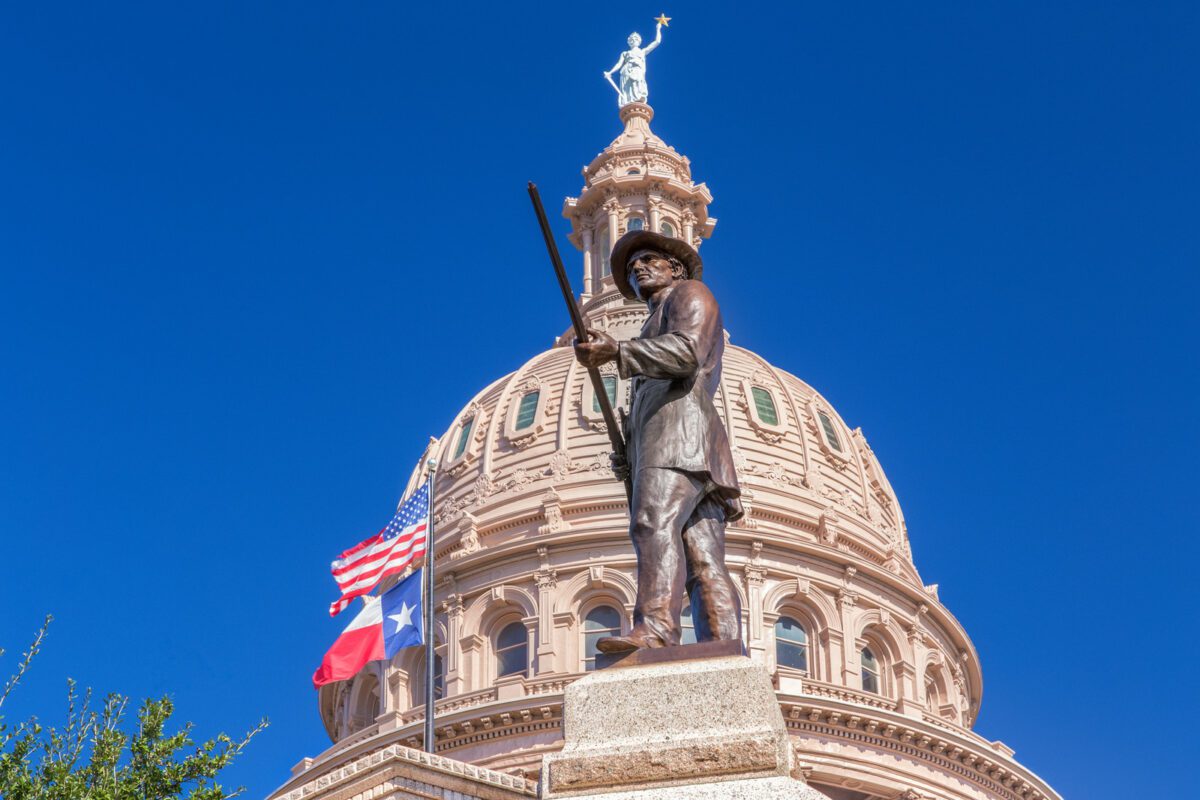
Who Are the Texas Rangers?
So Texas Rangers are state police, but they are not the state police in Texas. Instead, the Texas Rangers are a small, elite group of Texas police officers. The Texas Ranger Division exists under the Texas Department of Public Safety.
Texas Rangers are a more specialized group of law enforcement officials. They undergo different training than other police officers in Texas, and they have more jurisdiction than most departments.
One of the signature elements of a Texas Ranger is the uniform. They don’t have a specific uniform, although they are expected to wear Western clothes – including boots and a cowboy hat.

Texas Ranger History
The Texas Rangers were created in 1835, although the group had been unofficially called up in 1823. They were formed by Stephen F. Austin, who employed a group of men to protect new settlers in Texas. At this time, they were the Texas State Police.
The force grew and protected Texas throughout the 1840s and the Mexican-American War. Although it was nearly disbanded in the late 1840s, new funds in 1857 brought more Rangers into the mix.
Texas Rangers continued to play a constant, vital role in the history of Texas. Today, they still function as one of the elite law enforcement agencies in Texas. They have six companies headquartered throughout the state.
- Company A is headquartered in Houston
- Company B is headquartered in Garland
- Company C is headquartered in Lubbock
- Company D is headquartered in Weslaco
- Company E is headquartered in El Paso
- Company F is headquartered in Waco
The main headquarters for the Texas Rangers are in Austin.

What Texas Rangers Do
With statewide jurisdiction, the Texas Rangers play a critical role in Texas law enforcement. They have many duties that fall in the criminal and special investigations categories, including:
- Apprehension of wanted criminals
- Suppressing disturbances
- Protecting life and property
- Assisting local law enforcement agencies
- Investigating organized crime
- Investigating cold cases
- Investigating officer-involved shootings
- Serving as court officers
- Protection of elected officials
Another primary function of the Texas Rangers is conducting investigations into any alleged misconduct perpetrated by other Department of Public Safety officers.
With this responsibility, they also have jurisdiction over the state and other police departments.
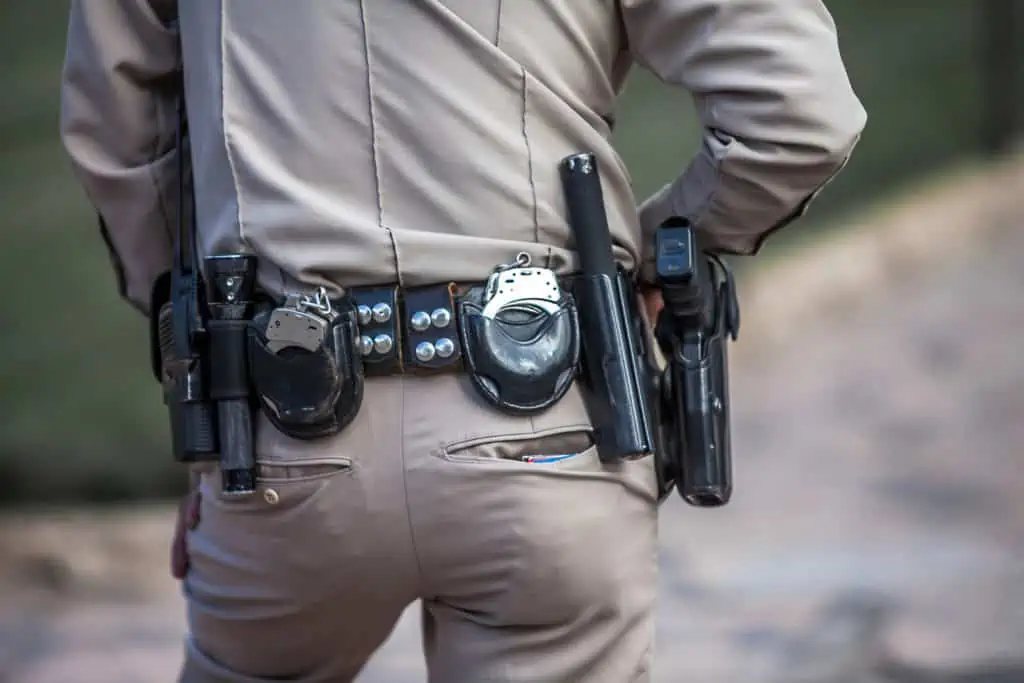
Are Texas Rangers State Police? Frequently Asked Questions
So we know now that Texas Rangers are separated and different from Texas Highway Patrol, the state police department in Texas. Although they share many responsibilities and authorizations, they have different defined roles in the state of Texas.
Now that we’ve covered a bit about who Texas Rangers are and what they do, let’s look at some of the commonly asked questions.
Are rangers higher than state police?
As we’ve already seen, Texas Rangers and the Texas State Patrol share many of the same responsibilities and have much of the same authority. The primary differences are:
- The Texas Highway Patrol is larger
- Texas Rangers don’t specifically monitor traffic violations
- Texas Rangers have jurisdiction to investigate other police departments
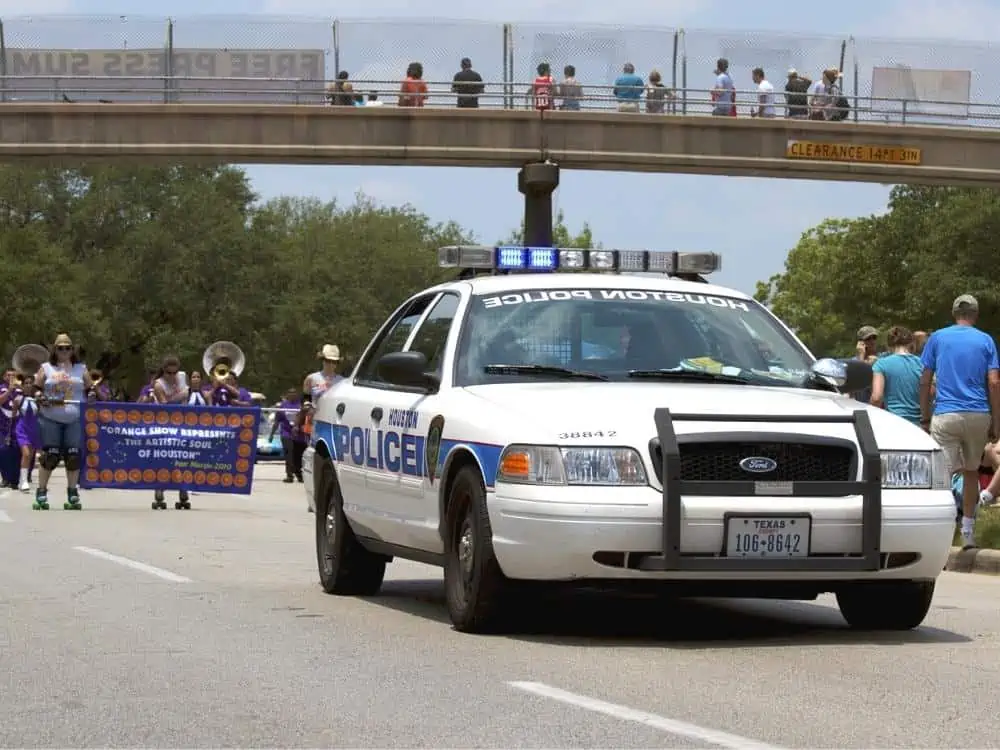
Are Texas Rangers a military organization?
Texas Rangers are not a military organization. They are an elite police force with statewide jurisdiction. On occasion, they have been authorized to act with paramilitary authority. They also help suppress riots when needed.
Why are the Texas Rangers so famous?
The Texas Rangers have been an essential part of Texas since their initial founding in the 1800s. They represented a particular way of life near and dear to Texans, and they played a role in some of the most significant moments in Texas history.
Texas Rangers are an elite police force that is relatively unique. Very few organizations in the United States operate the same way or have the same level of jurisdiction as the Texas Rangers.
Is Chuck Norris a Texas Ranger in real life?
Despite his portrayal of a Texas Ranger on the famous television show, Chuck Norris is not a Texas Ranger in real life.
Who are famous rangers?
Since their founding, the Texas Rangers have had many notable names in their ranks, including:
- John Coffee Hays
- Samuel H. Walker
- Ben McCulloch
- William “Bigfoot” Wallace
- John B. Armstrong
- John B. Jones
- Bill McDonald
- Frank Hamer
How many rangers are there currently?
There are only 94 Texas Rangers currently serving. Even though over 100,000 law enforcement officers are sworn in in Texas, only a tiny number are Texas Rangers.
The small number of their ranks hints at the elite nature of their department.
References:
- https://www.dps.texas.gov/section/texas-rangers
- https://www.ojp.gov/ncjrs/virtual-library/abstracts/texas-rangers
Christian Linden is a seasoned writer and contributor at Texas View, specializing in topics that resonate with the Texan community. With over a decade of experience in journalism, Christian brings a wealth of knowledge in local politics, culture, and lifestyle. He holds a Bachelor's degree in Communications from the University of Texas. When he's not writing, Christian enjoys spending weekends traveling across Texas with his family, exploring everything from bustling cities to serene landscapes.




